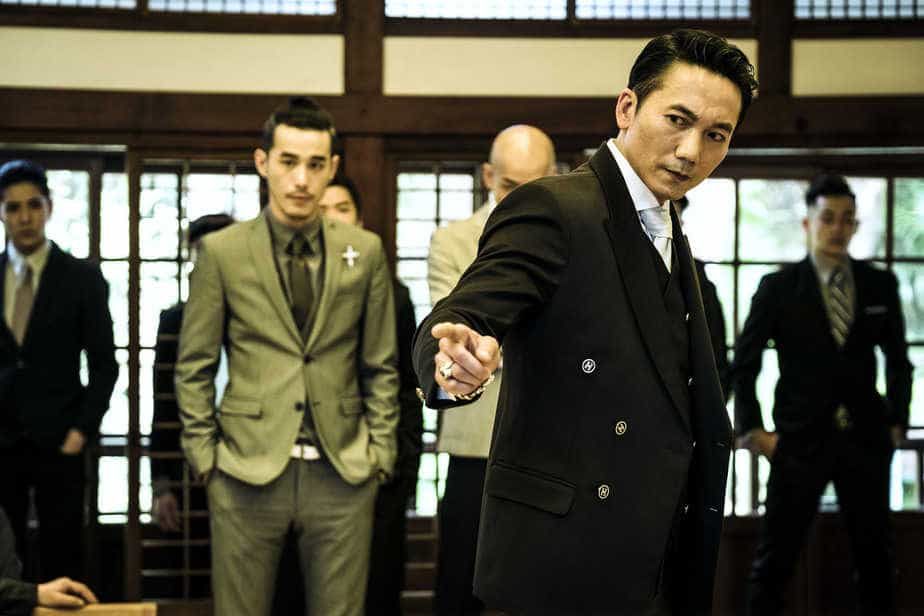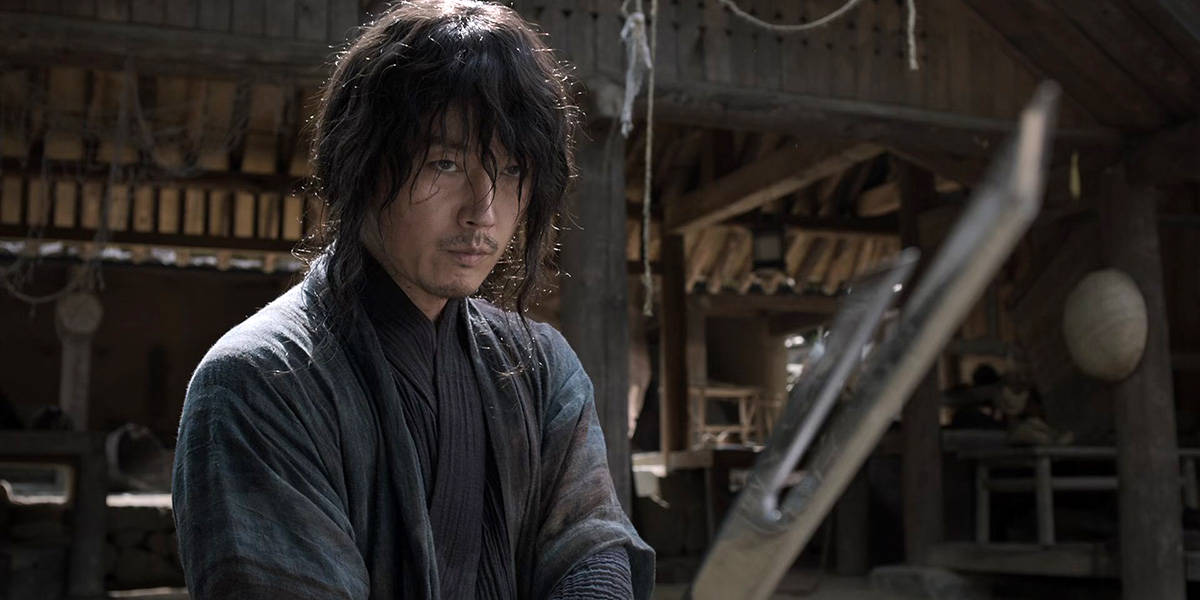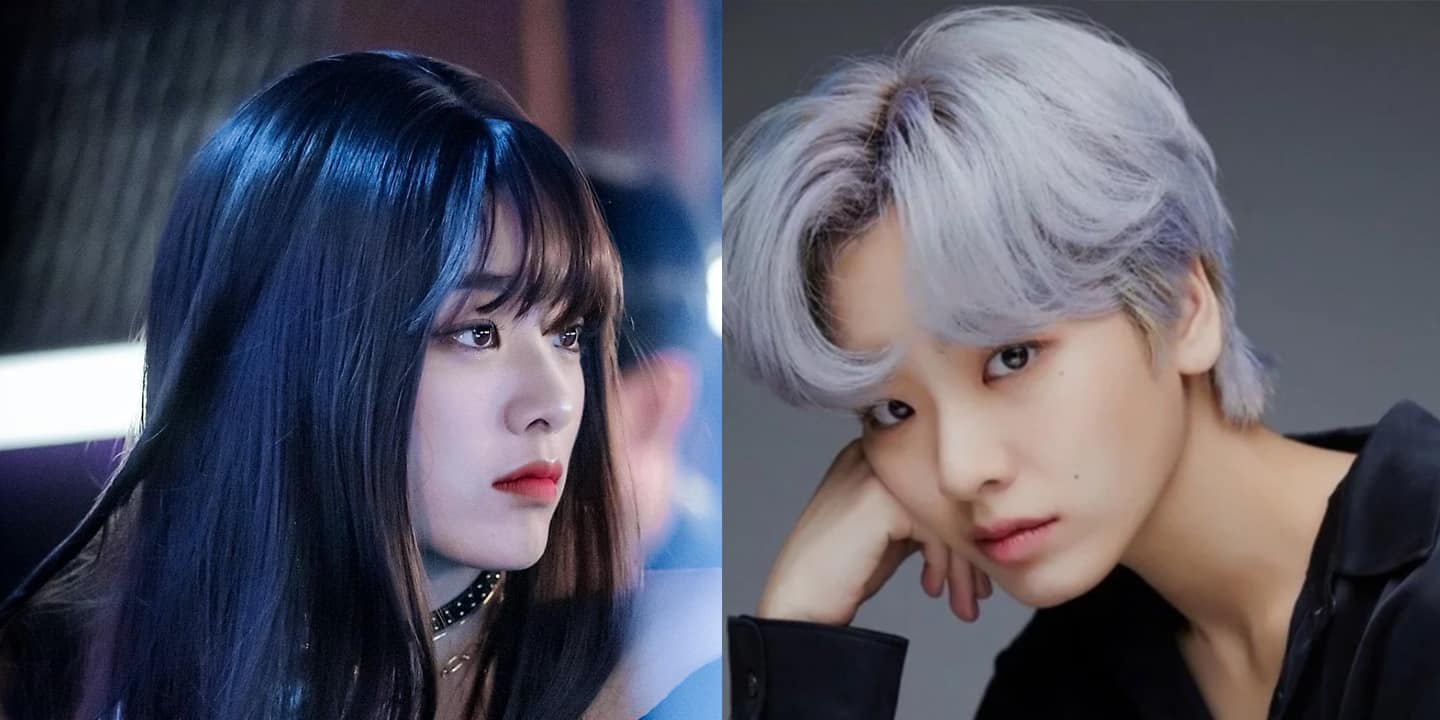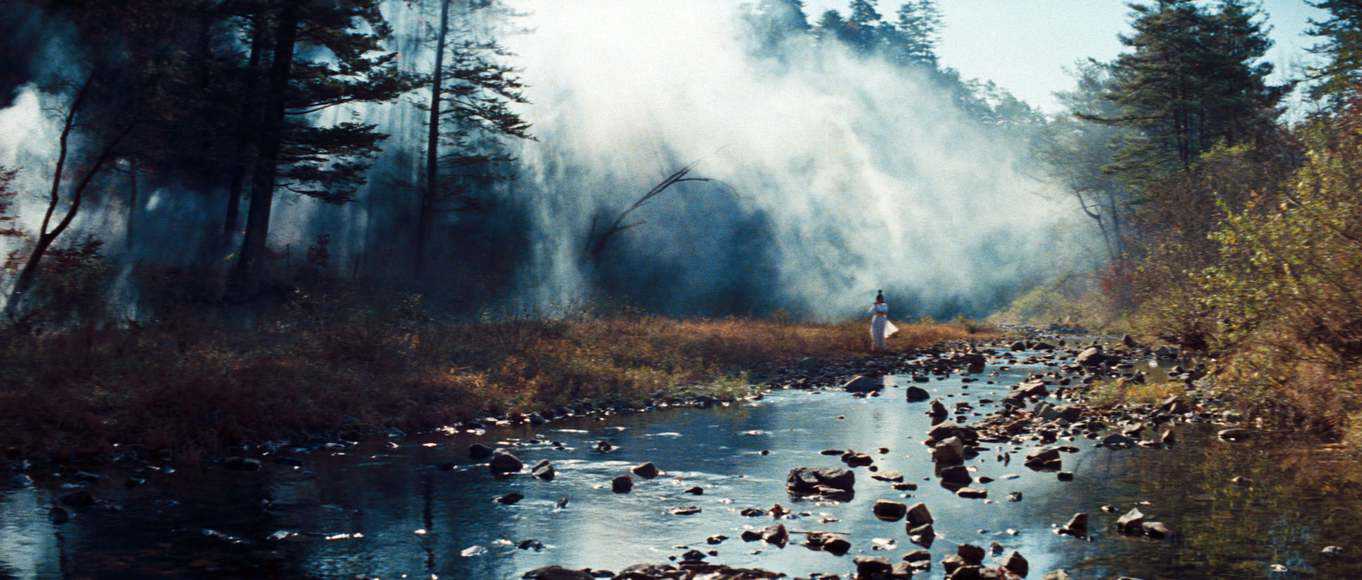“What more do you want?”
In 2007 one of the godfathers of the Taiwanese underworld died. Chen Chi-li, one of the country's most controversial figures, did not die from the stereotypical causes of his trade, but of pancreatic cancer at the age of 63. The funeral ceremony “reminiscent of a mafia movie” (Lawrence Chung) was covered by the Taiwanese media and observed by law enforcement, a public event which glamorized the crime lord into something like a hero. Of course, the grandeur of the event was criticized by many politicians, but it also showcases the deep connection of criminal organizations within Taiwanese society.
Gatao 2 is screening at the 17th New York Asian Film Festival
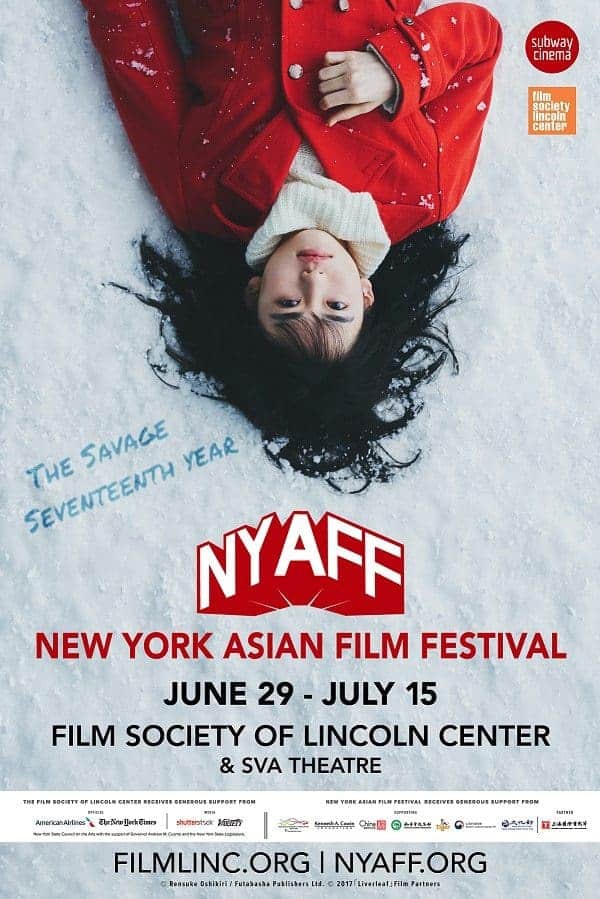
For obvious reasons, the stories of the rise and fall of gangsters have been one of the never-ending inspirations for the medium of film. Figures such as Chen Chi-li, the controversies surrounding their public persona as well as the organisations they led might as well serve as foundations for another gangster epic a la “Scarface” or “The Godfather”. Considering the stories revolving around United Bamboo, Taiwan's most influential crime syndicate, their bosses nicknamed “King Duck” or “White Wolf” these aspects could have easily been taken from a Martin Scorsese film.
However, Taiwan's thriving film industry has not turned a blind eye to these narrative opportunities. Following the commercial success of the first “Gatao” (2015), Cheng Kuo-Yen, who had starred in that film, takes over directing duties thus delivering his feature film debut. Yen is not exactly an unknown to the world of crime, having spent 10 years in prison for kidnapping a drug dealer in 2002. The former child actor turned his attention again to the world of film directing several short films and writing a memoir about his childhood and his life of crime.
Ren (Wang Shih-hsien) is the leader of a small gang controlling one of Taipei's districts. Even though he is ambitious and has his men following him loyally, his eagerness to expand is met with growing contempt by his boss, Gui (Jack Kao Kuo-hsin).
After his friend Jian (Collin Chou Siu-Lung) is released from prison, he is already a made man. With great financial support, he quickly surrounds himself with other gangsters, rising fast within Taipei's criminal underworld. However, as he seeks the support of Ren in order to be able to transport drugs, his friend denies his request. Unwilling to accept the refusal, Jian tries to gain his friends trust, but as his methods become more and more violen,t Taipei's gangs are at the brink of war.
As the argument between the former friends Jian and Ren turns into a conflict between gangs causing losses on each side, the difference of these two characters and their “families” is shown. In one of the most telling sequences of the film, the narrative takes a pause from the action and violence, replacing it with a moment of grief for those still left fighting. Ren's men commemorate a deceased friend by burning some of his belongings in a large pyre on the harbor. With money, clothes and even a large toy BMW fed to the flames, it is perhaps safe to say a viewer has reached some of the essence of the film.
After all, “Gatao 2: Rise of the King” is a film of excess expanded to operatic proportions. With larger-than-life characters comes a certain amount of accumulation, in this case of cars, of money, of sex and expensive clothes. The pumping hip-hop soundtrack delivers the fitting auditive canvas to these characters and their conflicts, all of which were never designed to last, but to be blown out of proportion.
Needless to say, Yao Hung-I's cinematography follows the principles of excess and accumulations. With most scenes taking place at night, the film utilizes the lively, vibrant streets of the Taiwanese capital as well as the shiny surfaces of the expensive clubs these people go to. Dynamically edited, “Gatao 2: Rise of the King” fits into the image of the stereotypical gangster film, almost to the point of blending out the setting. One of the greatest aspects of the film has to be the filming of the action sequences, large brawls and shoot-out between Ren's and Jian's men.
Of course, as a gangster film dedicated to its narrative ancestry, “Gatao 2: Rise of the King” covers familiar thematic ground. Loyalty, brotherhood and family define the cornerstones of the film's script written by Jerry Sun Fa-Jun and Chang Wei-jin. With Wang Shih-hsien and Collin Chou Sui-lung as the two opposing protagonists of the film, the story quickly sets up two contrasting images of the aforementioned topics. While Ren surrounds himself with men who are more like an extension of this own family, in one scene Jian mentions the loneliness in his ivory tower surrounded by men whose loyalty is defined by their paycheck. At the same time, as reviewer Kevin Ma points out, these men spent very little time with their actual families with Cheng Kuo-yen's actresses having very little to do. But then again, perhaps it is only fitting with these character having replaced family with feelings like ambition and rage, or corporate greed in the case of Jian.
“Gatao 2: Rise of the King” may not be a re-invention of the gangster genre, but it is a well-made, entertaining entry, nevertheless. With good action sequences and great leads, the film seems to be aimed at an audience besides the domestic, delivering a more universal tale. This rise-and-fall story about ambition and revenge will likely find its viewers despite its flaws, but then again aiming too high or showing ambition in the film industry will eventually pay off.
Sources:
1) Ma, Kevin (2018) Gatao 2: Rise of the King
http://www.fareastfilm.com/eng/film/gatao-2-rise-of-the-king/?IDLYT=7505, last accessed on: 06/18/2018
2) Chung, Lawrence (2007) Grand mafia-style funeral for boss of Taiwanese gang
https://web.archive.org/web/20170405171448/http://www.scmp.com/article/612105/grand-mafia-style-funeral-boss-taiwanese-gang, last accessed on: 06/18/2018
3) Chang, Allen (1997) Taiwan's Dirty Business
http://orgcrime.tripod.com/taiwansdirtybusiness.htm, last accessed on: 06/18/2018


